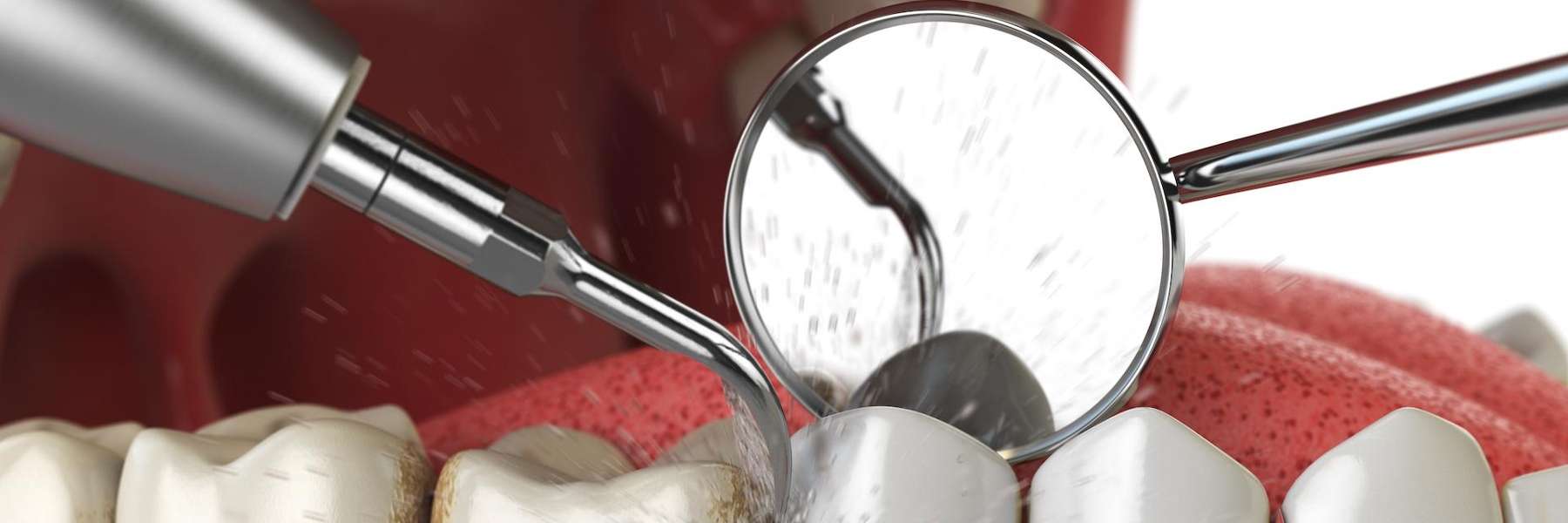
Updated on July 30, 2025.
Taking care of your dental health is about more than just maintaining a beautiful smile; it’s an essential part of protecting your overall well-being. Medical research continues to uncover strong links between oral health, particularly gum disease, and serious systemic conditions. Understanding how these connections work can help you take proactive steps to stay healthy.
Gum Disease Is an Infection
Gum disease, also referred to as periodontal disease, is a bacterial infection of the gum tissue and bone that support your teeth. Left untreated, these bacteria can enter your bloodstream, contributing to widespread inflammation and increasing your risk for certain serious health issues:
- Dementia — Chronic inflammation from gum disease may be associated with cognitive decline and an increased risk of Alzheimer’s disease.
- High blood pressure — Infected gums can trigger systemic inflammation that affects blood vessel function, potentially raising blood pressure.
- Type 2 diabetes — Gum disease makes it harder to control blood sugar levels and may worsen diabetes symptoms.
- Cardiovascular disease — Oral bacteria can contribute to plaque buildup in arteries, increasing the risk of heart attack and stroke.
- Complications during pregnancy — Gum infections may raise the risk of premature birth and low birth weight.
Common Causes of Gum Disease
Understanding what leads to gum disease is the first step in prevention. Several everyday habits and health factors can raise your risk:
- Poor oral hygiene — Skipping brushing and flossing allows plaque to build up, which eventually leads to gum inflammation.
- Smoking/tobacco use — Smoking and smokeless tobacco products impair blood flow and weaken your gums’ ability to fight off infection.
- Hormonal changes — Shifts during pregnancy, menopause, or puberty can make gums more sensitive and vulnerable to disease.
- Genetics — Some people are genetically predisposed to gum disease, even with good oral hygiene.
- Medical conditions — Diabetes and autoimmune disorders can compromise your body’s ability to resist infection.
- Stress — High stress levels affect immune function, making it harder for your body to fight off infections.
So What Does This Mean for You?
Understanding these mouth-body connections is an excellent reason to take action. The best and easiest ways to prevent gum disease and the systemic health risks that come with it are consistent, at-home oral hygiene and visits to your East Vancouver dentist, Dr. Jason Liu at Alta Dental Studio, every six months for routine checkups and cleanings.
During your visit, Dr. Liu will screen for gum disease, oral cancer, and tooth decay, catching issues early when they’re easier to treat. Your hygienist will also thoroughly remove plaque and tartar that brushing at home may miss.
Remember: staying consistent with preventive care is an investment in your oral and overall health.
Effective Periodontal Disease Treatment in East Vancouver, BC
If you’re in East Vancouver and need immediate treatment for gum disease or would like to learn more about preventing gum disease through at-home care, contact Dr. Jason Liu and the excellent Alta Dental Studio team to schedule a consultation.

